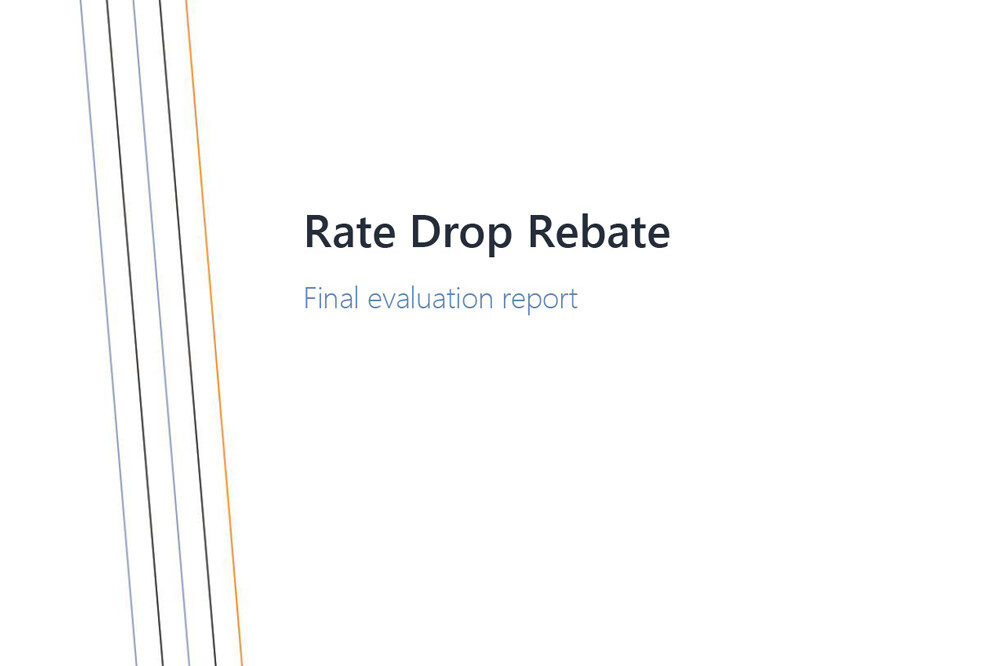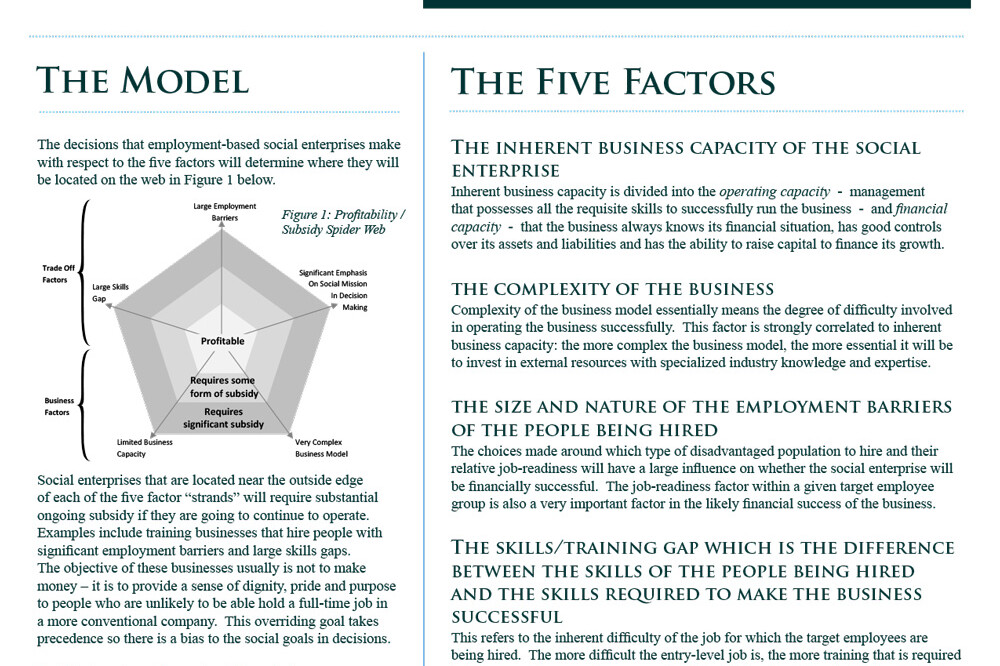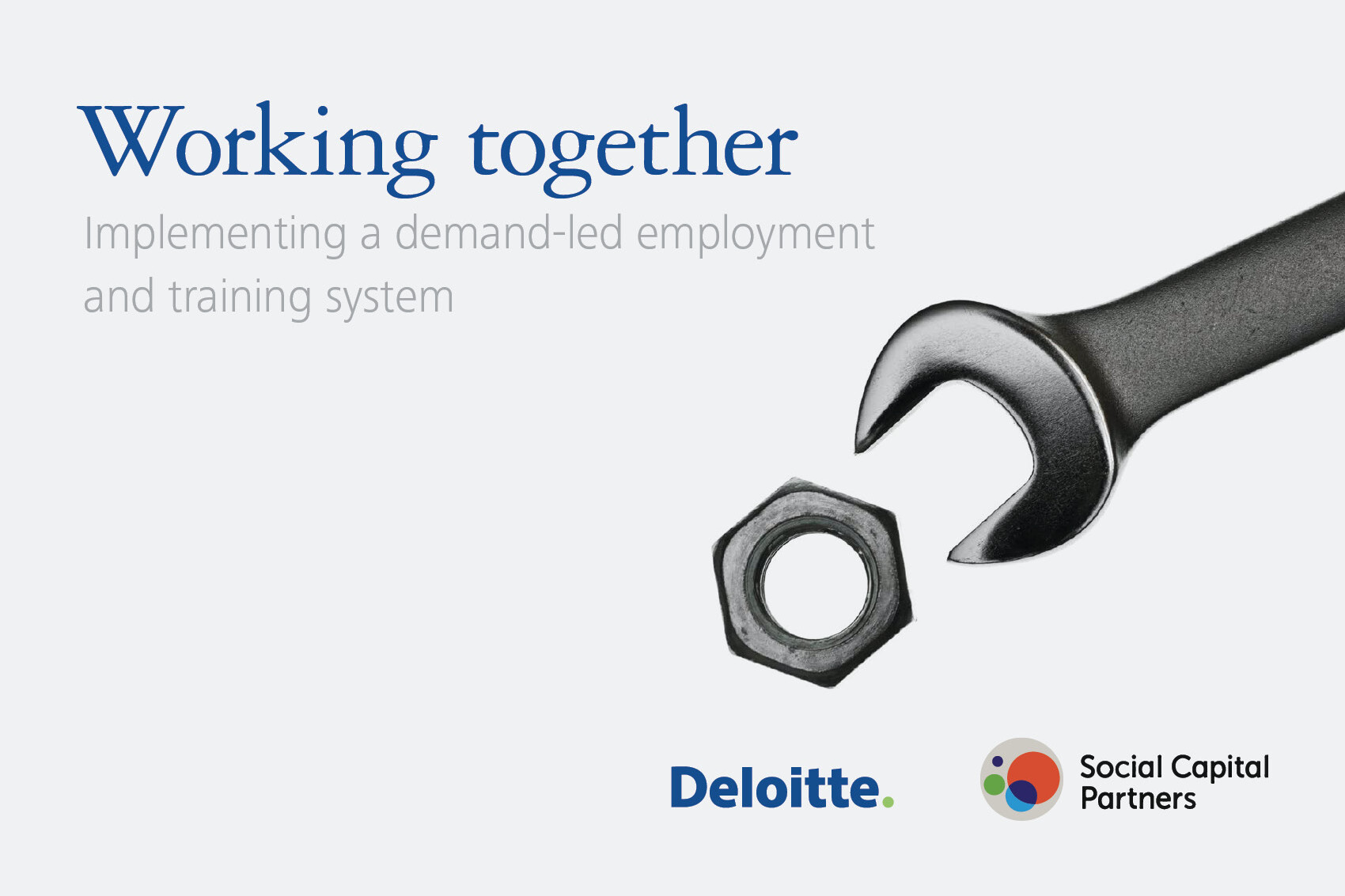Browse our research or filter your search by Topic or Type using the menu options on the left.
HBS Case | Taylor Guitars: Making Employee Ownership Work the Taylor Way
After a successful transition to 100% employee ownership, Taylor Guitars' experience is now the subject of a Harvard Business School case. Read more about how their experience brings the evidence to life: "Employee-owned firms grow faster, default less often, are far more resilient in economic downturns and pay their people more, even before you factor in the wealth-generating effects of ownership. It’s also a great business succession option as it lets owners exit for fair prices while protecting the people and communities they care deeply about.”
July 3, 2025
Inclusive search fund concept paper
Search funds allow entrepreneurs without capital to buy small businesses. However, only an exclusive club can access the financing to do so and are often forced to re-sell their businesses. We’ve put a twist on the search-fund model to make it more inclusive and long-term.
July 20, 2022
Building an employee ownership economy
New research continues to demonstrate that employee ownership fosters economic resilience. As in previous economic crises, employee-owned companies were better at retaining employees and at maintaining hours and salaries throughout the pandemic. In a post-pandemic economic environment, the demonstrated benefits of increased employee retention and alignment by employee-owned companies will be even more important to support economic growth.
March 22, 2022
Rate drop rebate: final evaluation report
The story of the Rate Drop Rebate pilot, including key milestones, successes, dilemmas, insights and lessons learned. The Rate Drop Rebate was a unique partnership that brought SCP together with financial institutions, publicly funded employment service providers and the Government to reduce unfair barriers to employment and help grow the province’s small and mid-sized businesses.
October 24, 2017
Partnership council on employment oportunities for people with disabilities
The Partnership Council champions the hiring of people with disabilities and provides strategic advice to the Ontario Minister of Economic Development, Employment and Infrastructure to enhance employment opportunities for Ontarians with disabilities.
May 11, 2015
The five critical factors of social enterprise profitability
What are boards, investors and management teams to do when there is tension between the financial and social bottom lines of social enterprises? Social Capital Partners shares learnings gleaned from seven years of investing in employment-based social enterprises. We identify the five most important factors that determine whether a social enterprise will be profitable or require some form of subsidy.
August 8, 2009
Working together: Implementing a demand-led employment and training system
Canada’s approach to training and development needs reform. Billions of dollars are spent annually on job training and skills development, with limited evidence of lasting benefits. Most problematic, employers’ talent needs (i.e., actual skills demand) are not formally embedded in the process of determining how or where money is spent, leaving a fundamental disconnect between demand for skills and the investments being made by governments.
April 14, 2009
A Fine Balance: What Inner City Renovations taught us about managing social and economic objectives inside business models
What are reasonable profitability targets for a social enterprise start-up with a mission to create employment for disadvantaged populations? How does external financing play a role in the execution of the social mission and how does a social mission as a key part of the business model impact the ability to reach profitability targets? SCP showcases one of our early investments and highlights key learnings about the inherent mission tensions in these business models.
May 8, 2008
Social return on investment report: TurnAround Couriers
SCP reports on six years of TurnAround Couriers, a social-purpose business dedicated to helping at-risk youth in the Greater Toronto Area overcome social and economic obstacles by providing them with a chance to get ahead.
January 8, 2007








